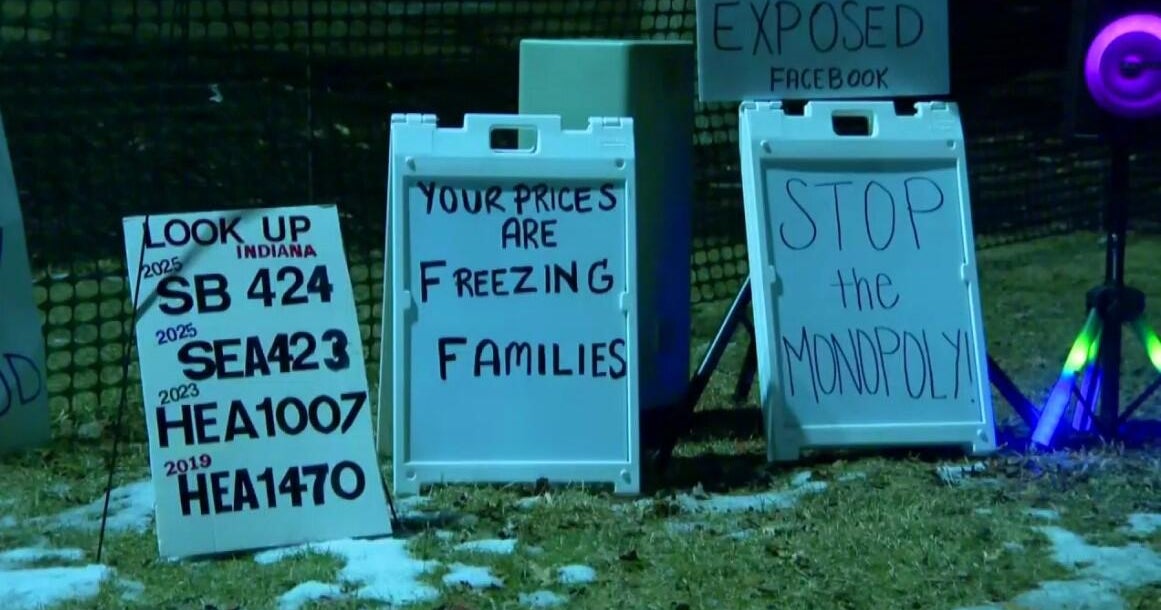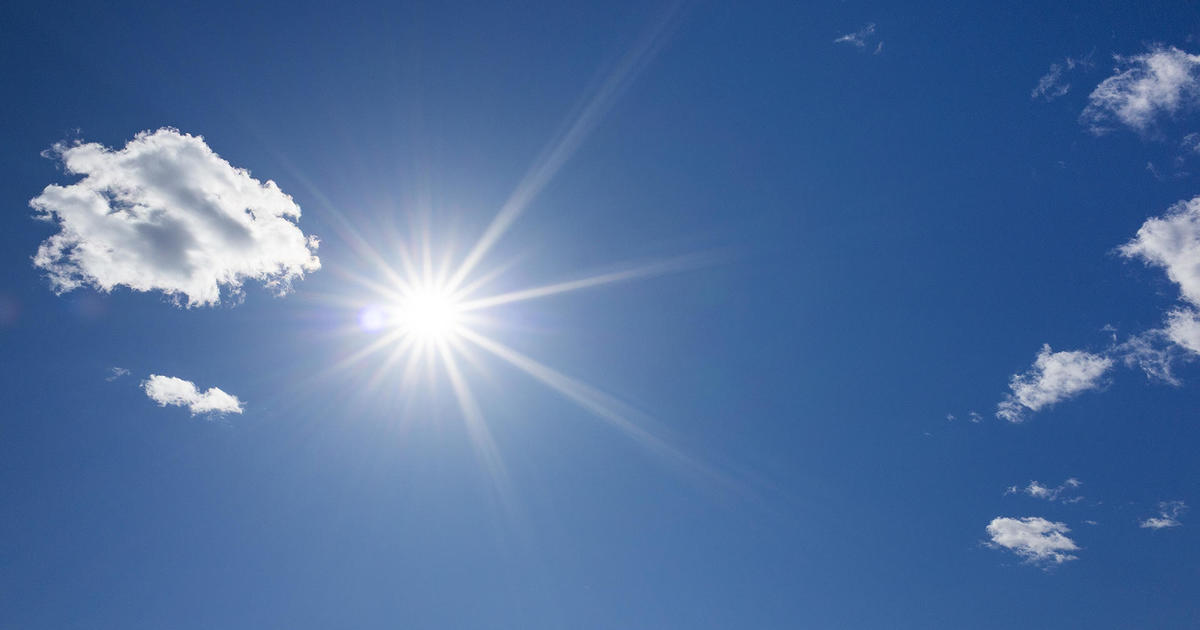Experts: Allergy Season Getting Longer
(CBS) -- If you're suffering from awful allergies this year, you're not alone. New research shows why this is happening and predicts things will only get worse, CBS 2's Kate Sullivan reports in Healthwatch.
Allergist, Dr. Joseph Leija has taken the Chicago pollen count every spring, summer and fall morning for 20 years and has seen allergy seasons getting longer.
"There are many different factors that play a role," said Dr. Leija.
Research has shown that in the Midwest ragweed season lasts an extra 12 days now compared to 1995, partly due to warmer temperatures.
Dr. Christine Rogers has studied ragweed and discovered that climate change and increased pollution may explain why the weeds are becoming a bigger problem.
"We're finding with double the amount of CO2, we're seeing a 50 percent increase in the amount of pollen that's produced," said Dr. Rogers.
George Rief loves to spend time outdoors gardening and fishing, but at certain times of the year that's a problem when his allergies flare up.
"Trees, bushes, anything that gives off pollen. I try to stay away from that stuff," said Rief.
And, for George the result is more than just a runny nose and watery eyes.
"My ears plug up in the morning. I can stand right in front of our keypad for our alarm system and I can't hear those little beeps and I'm only a foot away from them," said Rief.
Hearing loss is one side effect people don't usually associate with allergies, but it happens often according to George's doctor.
"Any sort of post nasal drip, sinus drainage, anything like that can back up into our middle ear space," said audiologist Sheri Billing. "It's like hearing underwater."
And with more pollen out there, patients can expect more intense reactions.
"The carbon dioxide makes the greens grow bigger and, the same thing with the weeds," said Dr. Leija.
"We can reasonably anticipate that in the future there is going to be a lot more exposure to pollen and that will precipitate more symptoms," said Dr. Rogers.
Dr. Leija says ragweed started showing up in his pollen counts at the end of last week a week earlier than normal. Expect it to last through the beginning of September.
To treat the hearing loss associated with the allergy, George says his ears usually clear up on their own. But some people may need antihistamines, antibiotics or allergy shots.







